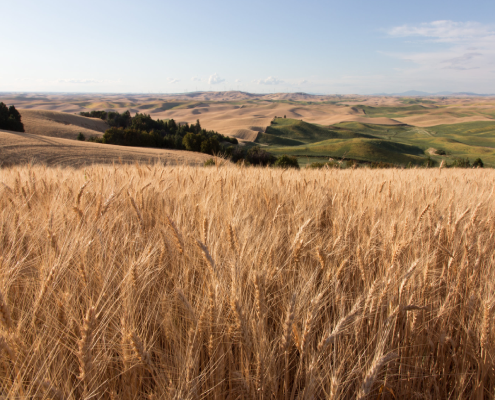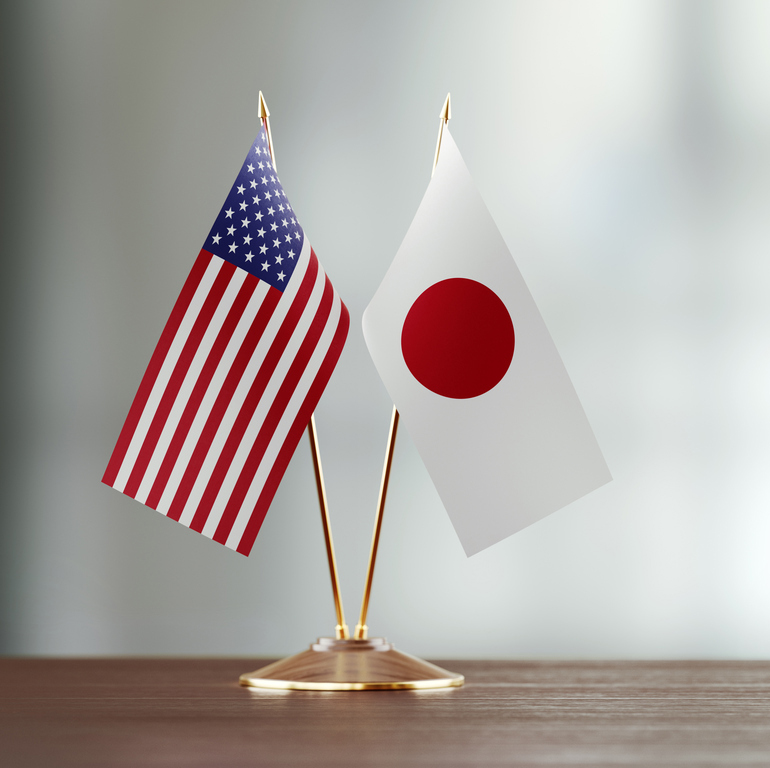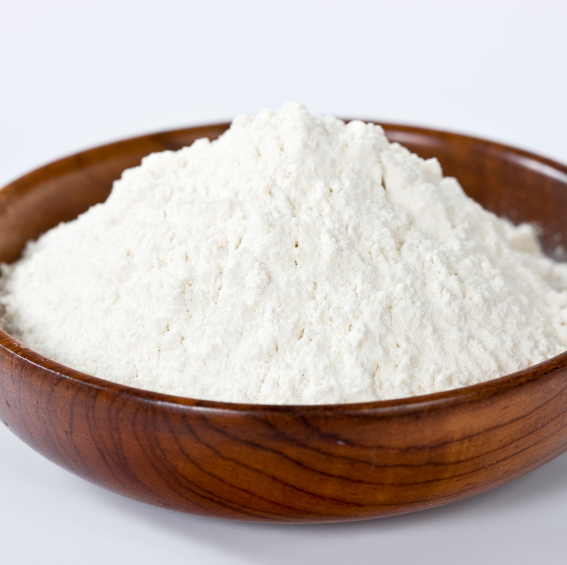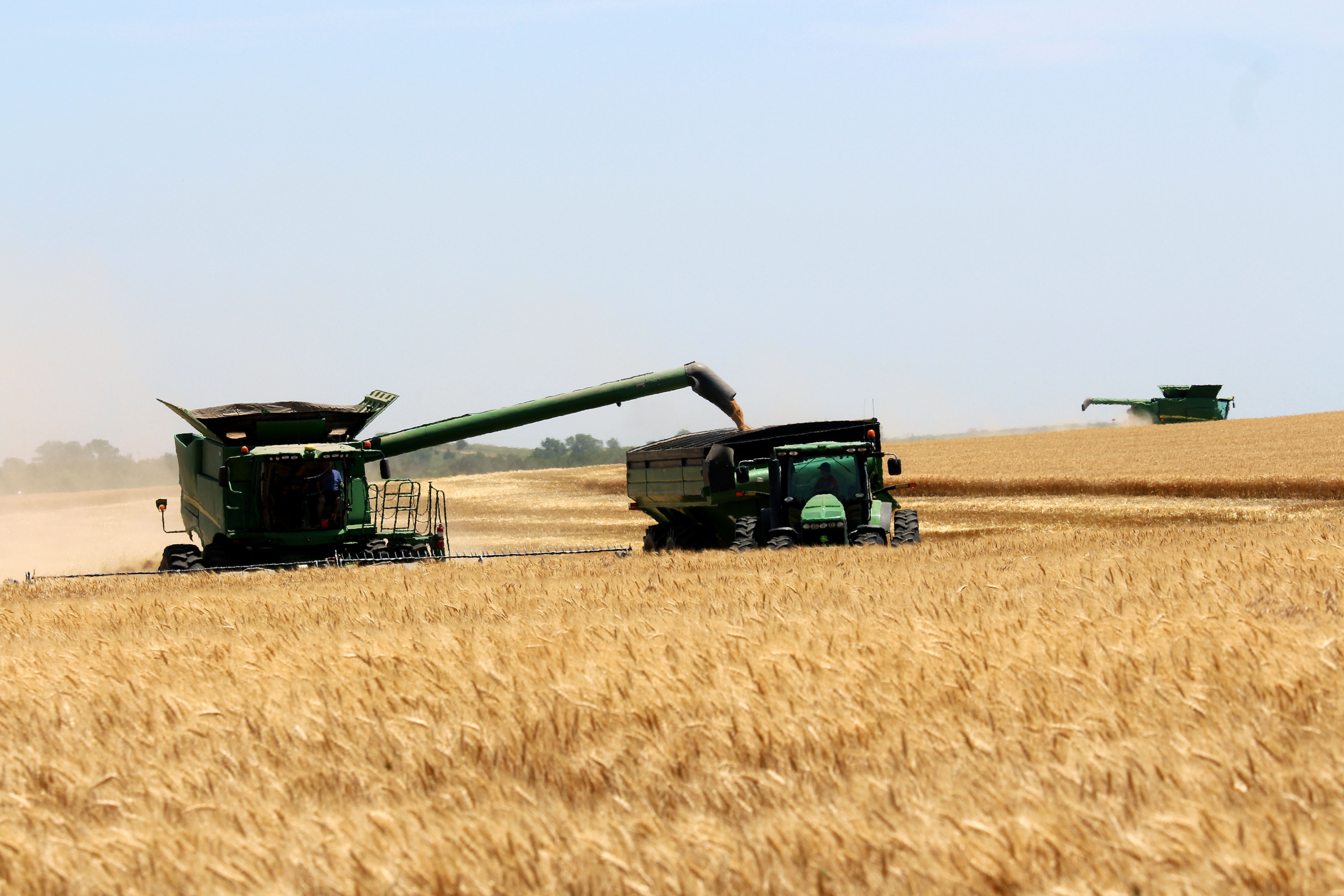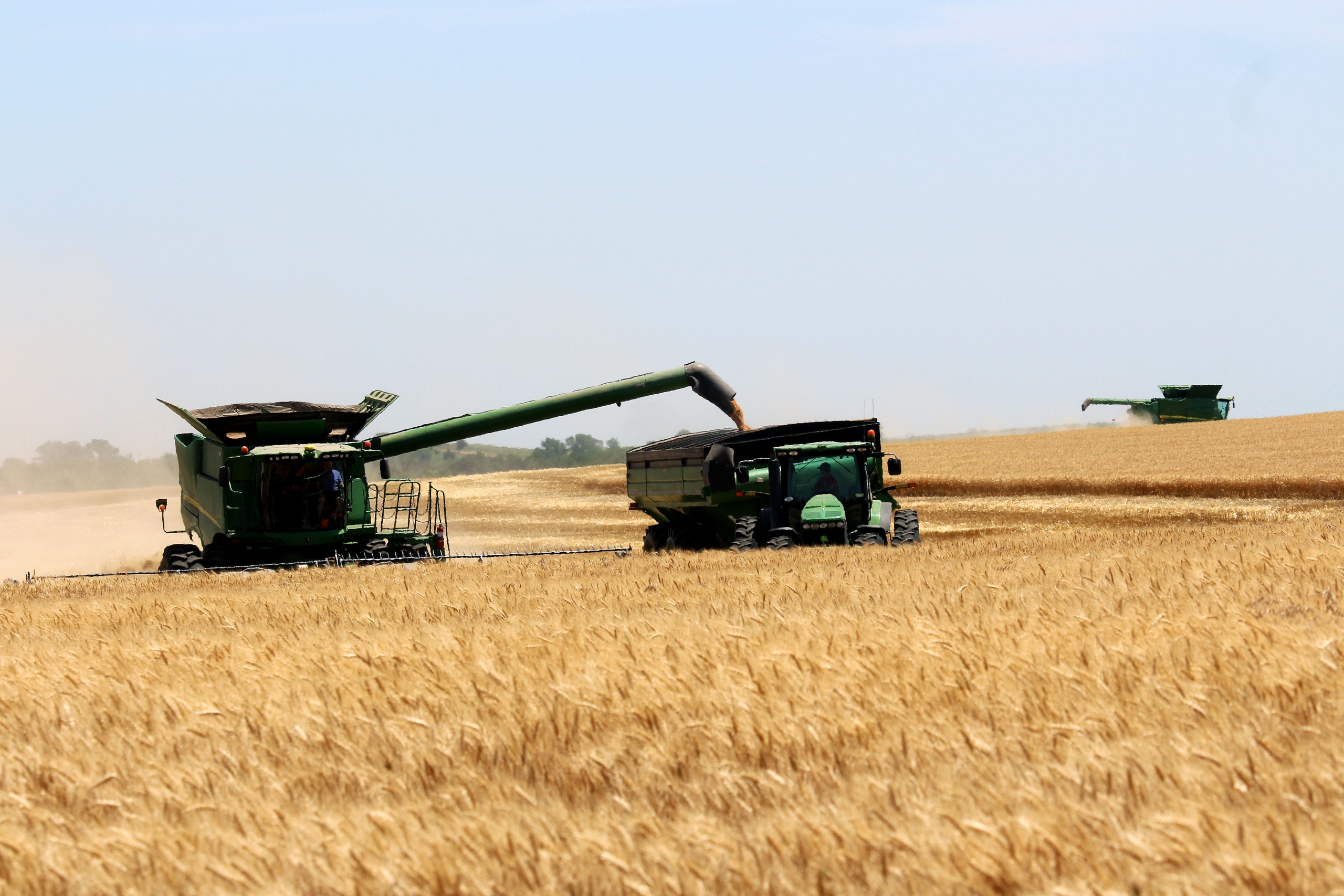Washington, D.C. — The National Association of Wheat Growers (NAWG) and U.S. Wheat Associates (USW) welcome the Administration’s decision to move ahead with an updated trade deal with Canada and Mexico and look forward to learning more about the details.
We are pleased that the Administration recognizes the need for policy certainty with some of our top customers. While NAWG and USW must review the language of the new deal, we hope to see provisions that are positive for wheat farmers.
The current North American Free Trade Agreement (NAFTA) is critically important for wheat farmers who depend on the enormous Mexican market that NAFTA built, but it did have room for improvements, particularly on grain trade with Canada. NAWG and USW called for a fix to the Canadian grain grading system which automatically designates U.S. wheat as the lowest grade simply because it is foreign. This means U.S. farmers producing the highest quality wheat arbitrarily get less value for their crop.
Farmers should understand that nothing has changed yet, but we are pleased to see that USTR has made progress on this issue, with Canada agreeing to grade imported wheat with the same requirements as Canadian wheat. We will follow the implementation of this commitment closely to ensure U.S. farmers can finally have reciprocal access to the Canadian market.
# # #
About U.S. Wheat Associates: USW’s mission is to “develop, maintain, and expand international markets to enhance wheat’s profitability for U.S. wheat producers and its value for their customers.” USW activities in more than 100 countries are made possible through producer checkoff dollars managed by 17 state wheat commissions and cost-share funding provided by USDA’s Foreign Agricultural Service. For more information, visit our website at www.uswheat.org.
About NAWG: NAWG is the primary representative in Washington D.C. for wheat growers, working to ensure a better future for America’s growers, the industry and the general public. NAWG works with a team of 22 state wheat grower organizations to benefit the wheat industry at state and national levels. From their offices in the Wheat Growers Building on Capitol Hill, NAWG’s staff members are in constant contact with state association representatives, NAWG grower leaders, Members of Congress, Congressional staff members and the public.
Nondiscrimination and Alternate Means of Communications
In all its programs, activities and employment, U.S. Wheat Associates (USW) prohibits discrimination on the basis of race, color, religion, national origin, gender, marital or family status, age, disability, political beliefs or sexual orientation. Persons with disabilities who require alternative means for communication of program information (Braille, large print, audiotape, etc.) should contact USW at 202-463-0999 (TDD/TTY – 800-877-8339, or from outside the U.S., 605-331-4923). To file a complaint of discrimination, write to Vice President of Finance, USW, 3103 10th Street, North, Arlington, VA 22201, or call 202-463-0999. USW is an equal opportunity provider and employer.

